|
Welcome to Barriers and Boundaries Resilience Leadership
Check out a recent episode of the podcast.
|
|
1/15/2024 Three Keys to Personal Resilience: IQ, EQ, and…CQ? Nurturing self-leadership and resilience by personal growth and development.Read NowThe 3 Keys - IQ, EQ, CQIn our fast-paced world, building resilience requires a multifaceted approach, integrating Intelligence Quotient (IQ), Emotional Intelligence (EQ), and Contextual Intelligence (CQ). Let’s explore ways to develop these intelligences for a holistic and resilient mindset. 1. IQ (Intelligence Quotient): • Continuous Learning: Engage in lifelong learning across diverse subjects, fostering cognitive growth. • Problem-Solving Exercises: Sharpen analytical skills through puzzles and strategic games, promoting critical thinking. • Critical Reading: Cultivate the habit of critically analyzing information, enhancing comprehension and evaluation. 2. EQ (Emotional Intelligence): • Self-Awareness: Pay attention to emotions, their triggers, and how they influence thoughts and actions. • Mindfulness and Meditation: Practice mindfulness to observe emotions without judgment, promoting emotional clarity. • Active Listening: Hone listening skills to understand and respond empathetically to others’ emotions. 3. CQ (Contextual Intelligence) in a 'Big Picture' Context: • Global Awareness: Stay informed about global events, cultures, and trends, contributing to contextual understanding. • Cultural Immersion: Immerse yourself in diverse cultures through travel and interaction, enhancing contextual adaptability. • Adaptive Communication: Tailor your communication style based on the immediate context and interpersonal dynamics. • Strategic Thinking: Develop strategic thinking skills, considering long-term implications and overarching goals. • Systems Thinking: Embrace a systems thinking approach, understanding how components interact within a broader system. • Scenario Planning: Practice scenario planning to anticipate changes and challenges on a strategic level. More about IQDeveloping IQ involves nurturing cognitive abilities and intellectual capacities. Here are some effective ways to enhance your Intelligence Quotient (IQ):
More about EQEnhancing Emotional Intelligence (EQ) is essential for personal and interpersonal well-being. Here are effective ways to develop and strengthen your Emotional Intelligence:
By incorporating these practices into your daily life, you can systematically enhance your Emotional Intelligence. Remember that EQ is a dynamic skill that can be cultivated and refined over time through consistent effort and self-reflection. More about CQ, Part 1 - Strategic ThinkingCultivating Contextual Intelligence (CQ) involves developing an awareness of the broader context and adapting behavior accordingly. Here are ways to enhance and develop your Contextual Intelligence:
More about CQ, Part 2 - Interpersonal SkillsThink of it as ‘Reading the Room’, understanding the room size is dependent upon the conversation and your role.
How to develop Conversational CQ: • Observational Skills: Sharpen your ability to pick up on subtle cues in your surroundings, enhancing immediate contextual awareness. • Empathetic Connection: Develop empathy to understand emotions and perspectives in real-time during conversations. • Micro-Expressions Recognition: Train yourself to recognize micro-expressions, revealing underlying emotions in interpersonal interactions. Synthesizing the Intelligences: • Continuous Learning: Commit to ongoing personal development, integrating IQ, EQ, and CQ into a harmonious approach. • Adaptability: Cultivate adaptability to seamlessly navigate diverse environments, combining strategic thinking with immediate contextual awareness. By synergizing IQ, EQ, and CQ development, individuals can fortify their resilience, adapting effectively to challenges, fostering meaningful relationships, and thriving in a dynamically evolving world.
0 Comments
Leave a Reply. |
Details
Eric Bryan is a participant in the Amazon Services LLC Associates Program, an affiliate advertising program designed to provide a means for sites to earn advertising fees by advertising and linking to Amazon.com. I get commissions for purchases made through links in this post.
***As an Amazon Associate, I earn from qualifying purchases.
|
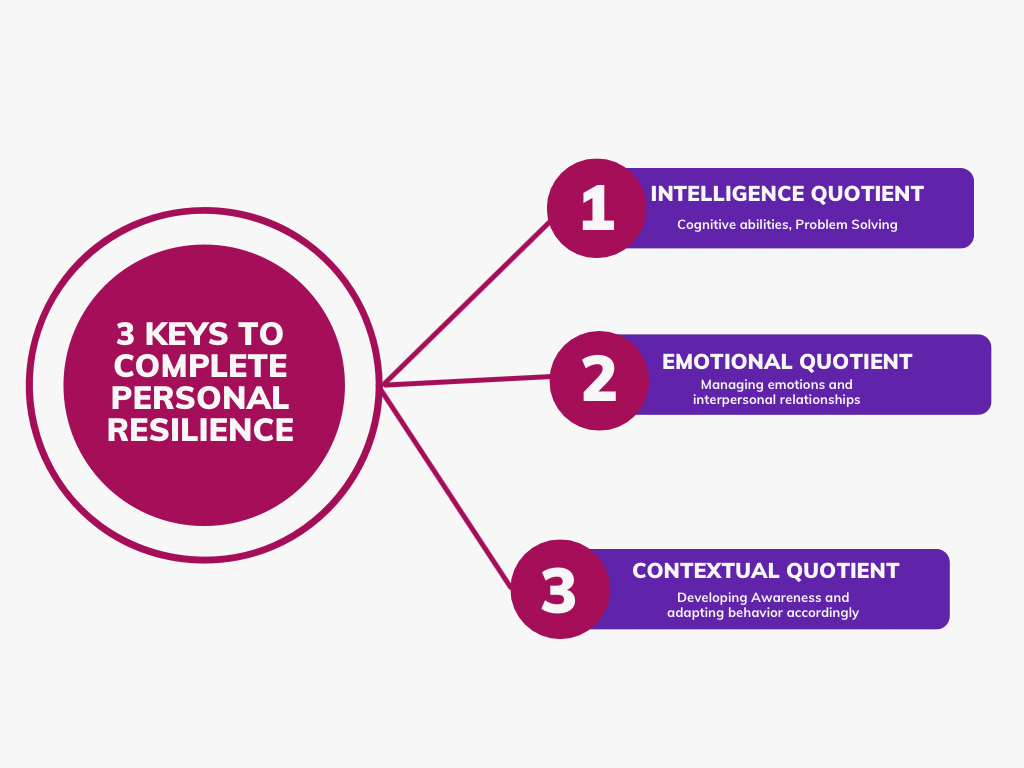
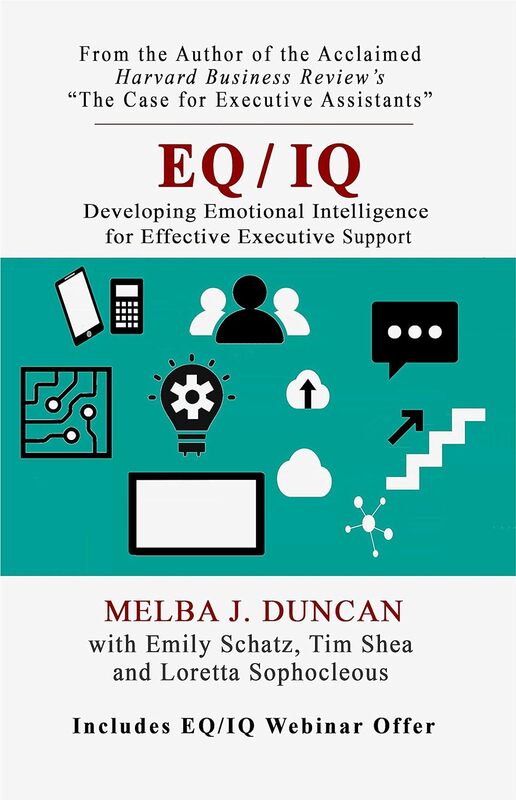
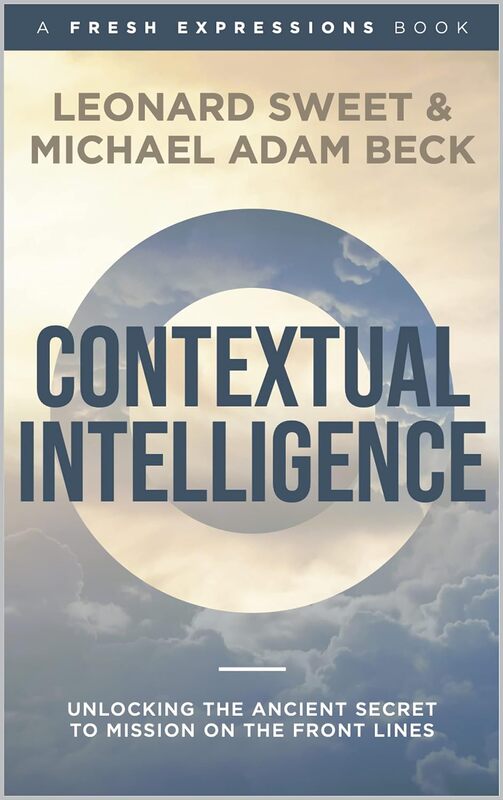
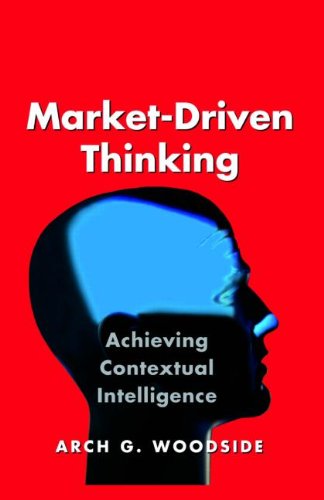

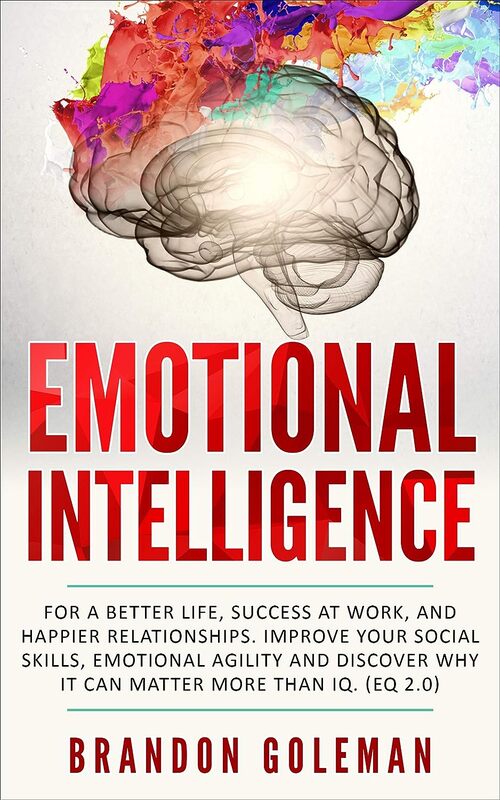
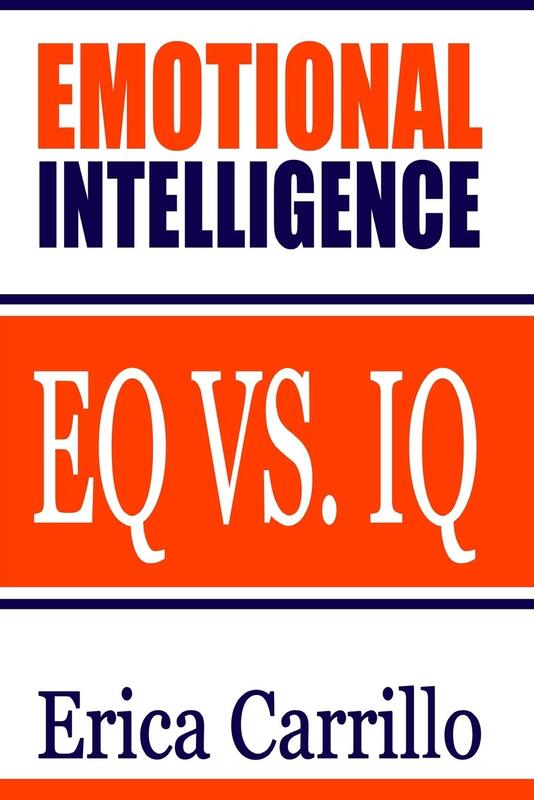
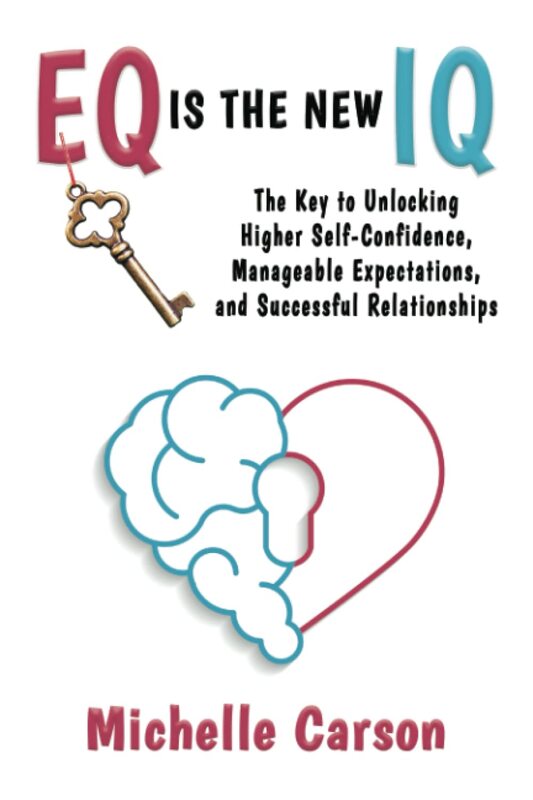
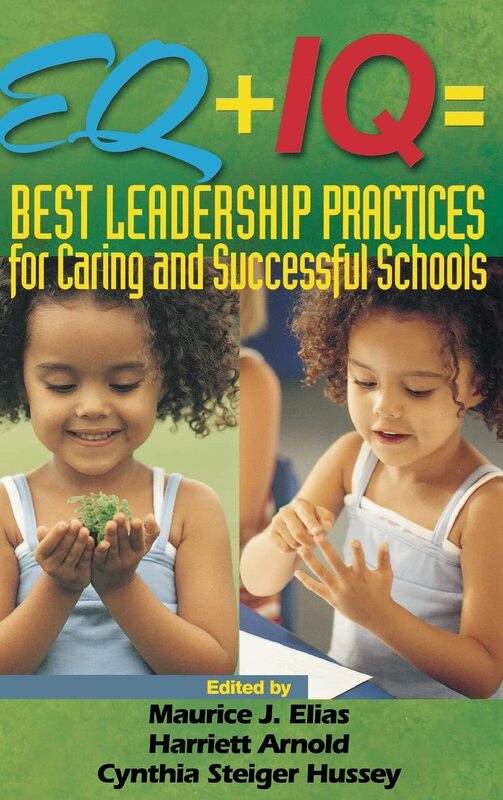
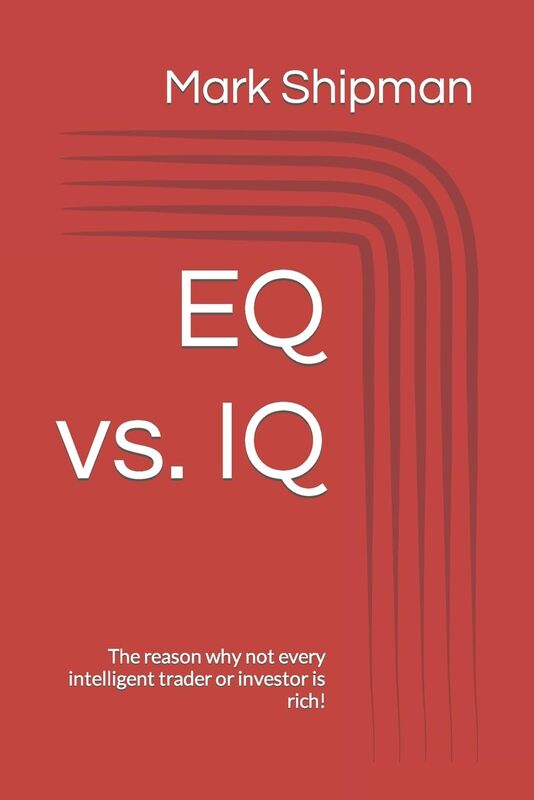
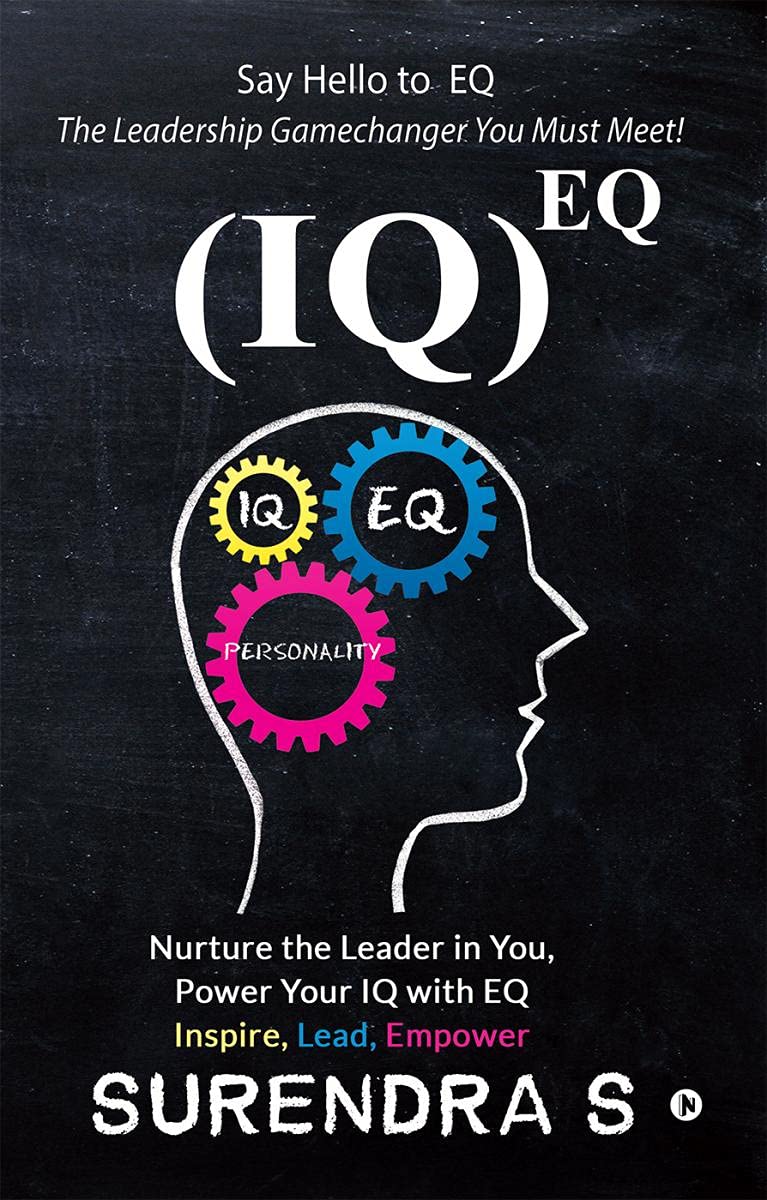
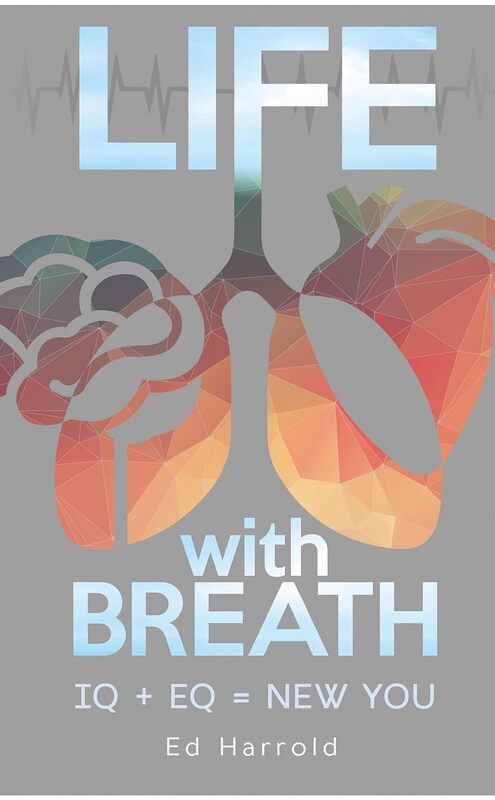
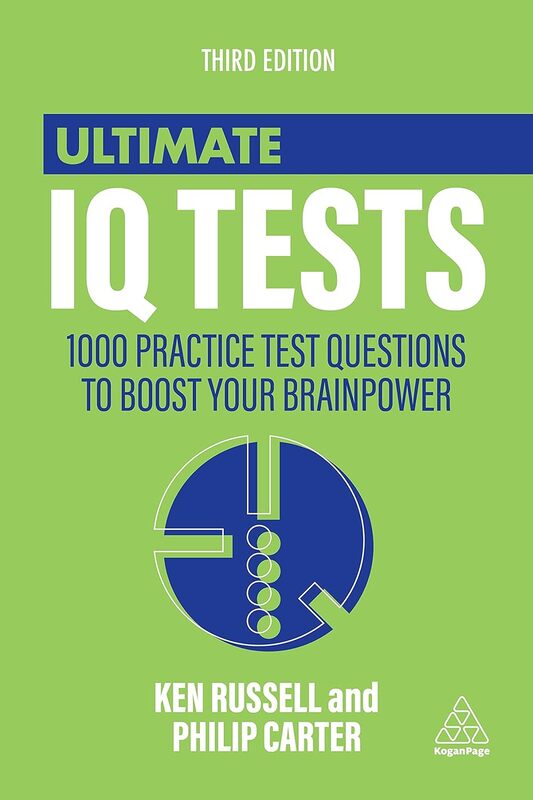






 RSS Feed
RSS Feed